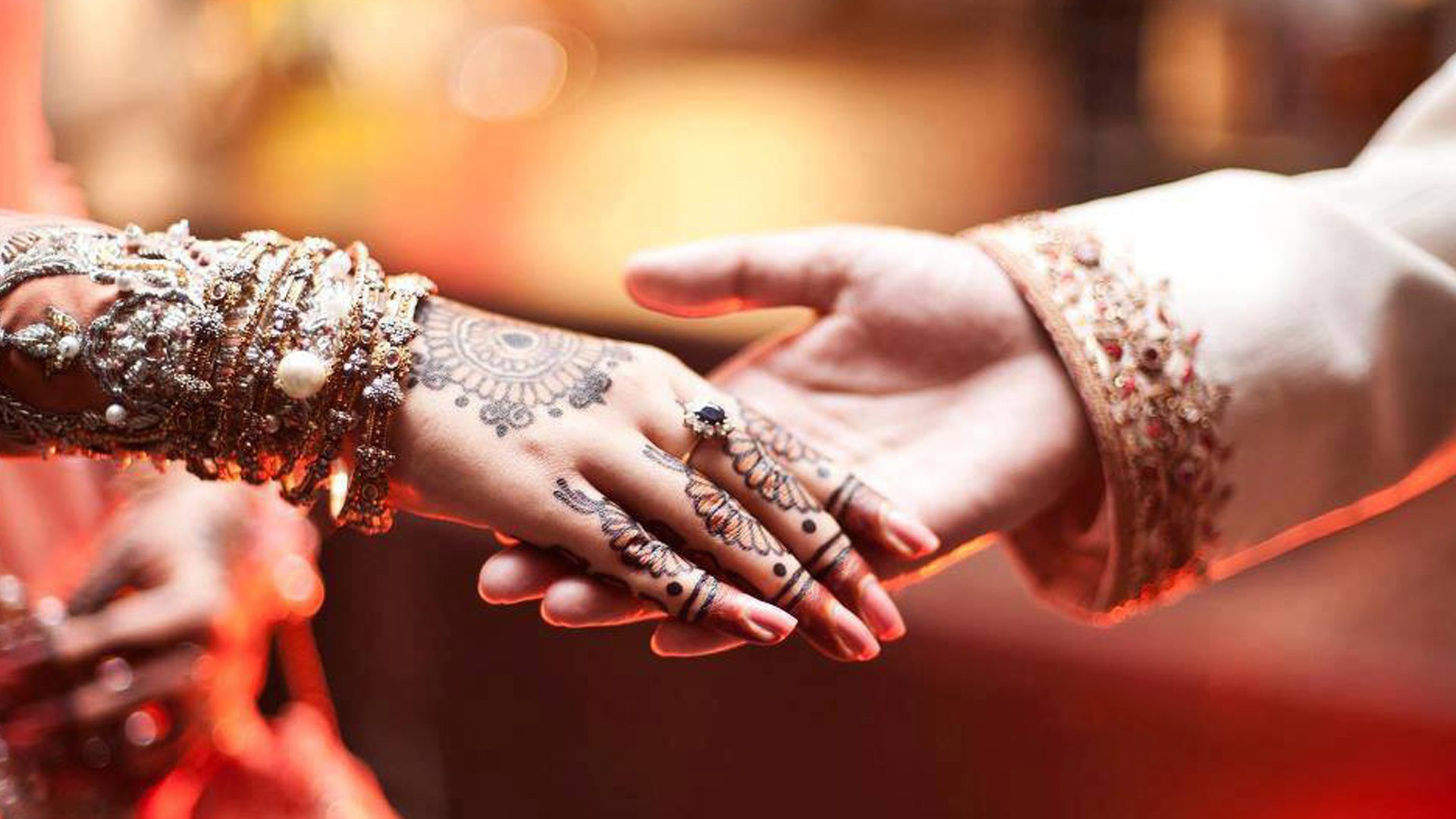An Opinion Piece By Gurmit Kaur
The Anand Karaj (Sikh wedding ceremony) is a reflection of a journey of growth within a marriage. The Lavan is a spiritual ceremony that describes the stages of growth in spirituality. It comprises of four stages, each one illustrating different and higher levels of spiritual understanding. The first Lav asks the couple to learn righteousness through Gurus’ words and to meditate on Waheguru. In the second Lav, as the couple meditates and adjust to their new life, fear departs. The couple slowly begins to know the Creator, the soul of the Universe. In the third Lav, in the company of saints, the couple finally awakens the love in their hearts for Waheguru and for their family. In the final Lav, the couple is completely absorbed in the sweetness of the Beloved Creator with mind, body, and soul. The couple has now truly become the bride of the Creator. That is the purpose of life, and through the marriage to the Creator, peace is attained. True happiness can only be found with peace, peace within, rather than outside pleasures, and that peace within comes only from our Gurus guidance.
There is no time limit on the stages of spiritual growth. No one is going to check if a married couple has achieved the first lav within the first ten years of marriage. No one is going to prohibit a couple from moving onto the next stage of spiritual development. In fact it, it may take many lifetimes of trying to get to the first stage of spiritual development. But for some it may take less time, it is a journey: a personal journey between a couple and the Creator.
A question arises when an interfaith couple wishes to have an Anand Karaj: when one person is committed to a different faith, should the couple go through such a seemingly “empty ritual”? According to the Sikh Rehat Maryada, the Anand Karaj is to take place between two Sikhs. The Sikh marriage ceremony is a life-long commitment, one that is not to be taken lightly. It marks dramatic changes to one’s life: an individual is no longer one person who takes care of her/his own needs, but now must be considerate and open to the needs of his/her partner and family.
Sikhs attend Gurdwara to feed their souls. Many Sikhs have grown up going to Gurdwara and it is a part of life that without, there is an inner emptiness. For me, it is a warm and comforting place, a place where I can take all my worries and as if by magic, they disappear. Taking one’s partner to the Gurdwara is asking her/him to share the joy experienced through Sikhi. I know of a white, non-Sikh German man who married a Punjabi-Sikh woman. The German man loves coming to Gurdwara to listen to the kirtan and serve langar. He gets so much pleasure and joy, but he does not come often because of the dirty looks he gets. The wife does not socialise with his community or family, because she is seen as an oddity. But, as a couple, they are strong and committed, and have a teenage daughter..
“Sikhi” means learning. It is about being open to learning about the faith and growing within it. Are we hindering our own growth as a community if we do not acknowledge that people such as this white German man might consider himself a Sikh in spirit and lifestyle? Are we limiting Sikhi if we are close-minded? If we refuse to welcome all into the Gurdwara? According to the Sikh Rehat Maryada a Sikh is: Any human being who faithfully believes in One Immortal Being, the 11 Gurus (from Guru Nanak Dev to the Guru Granth Sahib), the idea of Amrit, and who does not owe allegiance to any other religion.
So, beyond this definition, who are we to say who is or is not a Sikh? Perhaps what an outsider views as an inter-faith marriage might actually be Sikh marriage; perhaps both parties are committed to the Lavan and commited to being Sikh. Sikhs are not defined by their skin color, country of origin, or their parents’ religion. Who can tick the boxes and say one is allowed to enjoy the Sikhi experience and faith and another is not? Who can judge who is or is not a true Sikh? Only the Creator can tick those boxes, nobody else on earth has the right to judge. Ultimately, no human really knows the inner beliefs and thoughts of another.
In my opinion, if an individual cannot commit to Sikhi, then no one can expect his/her non-Sikh partner to commit to Sikhi. I met a Sikh woman whose partner is Muslim. She did not go through an Anand Karaj because she honoured Sikh values and did knew she could not honour the Lavan with her partner. She did not want to “fake” it.
While interfaith weddings are controversial, many Sikhs-by-birth do not honour the Sikh marriage ceremony themselves, either during the Lavan, at their reception (ie: rude songs, alcohol etc.) or in their lifestyle.
In my opinion, if a couple cannot commit to the Sikh Lavan and ceremony, then they should not go through an Anand Karaj. I attended a relative’s wedding where a Punjabi-Sikh woman married an white non-Sikh man in an countryside house. I was happy that they opted not to have an Anand Karaj, for at least they were not making a mockery of the Sikh ceremony.
Please forgive me if I have made any mistakes in understanding.



